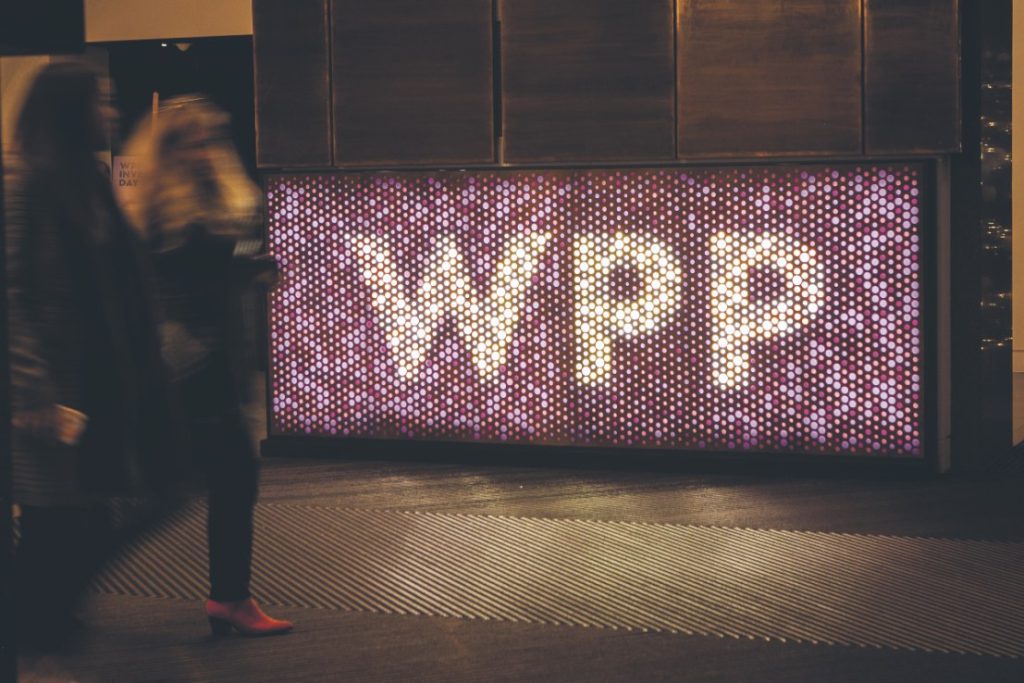In a move to encourage employees back into the office, the renowned FTSE 100 advertising agency, WPP, has creatively launched a « Free Lunch Friday » initiative. This approach, initiated in April, is part of WPP’s revised policy requiring its team of 108,000 employees to be present in the office for at least four days a week, including a minimum of two Fridays each month.
WPP’s Return-to-Office Strategy
WPP’s new workplace flexibility rules have generated mixed reactions among employees, some of whom have voiced their dissent through an online petition. This backlash is indicative of the broader challenge many companies face in transitioning from remote work setups, an adaptation necessitated during the pandemic, back to regular in-office operations.
The innovative aspect of WPP’s strategy lies in its incentive-driven approach. By offering complimentary meals on Fridays, WPP hopes to ease the transition for its staff and create an enticing reason to return to office settings. This initiative mirrors strategies adopted by other businesses seeking to revive in-person work culture without imposing direct mandates.
Logistical Challenges and Implementation Delays
Despite its intentions, WPP’s efforts have not gone without hiccups. City AM reports indicate logistical challenges, particularly regarding workspace availability. Prominent WPP agencies like Ogilvy and Grey have faced difficulties accommodating the increased office attendance due to a shortage of desks. Consequently, Grey’s London office has announced a delay in implementing the four-day week mandate until June, allowing additional time to facilitate rearrangements within their office spaces.
An internal memo from Mark Read, WPP’s chief executive, emphasized the value of in-person collaboration, highlighting that the best work emerges when teams are physically present together. Yet, he also noted the company’s readiness to enforce the policy, stating that non-compliance could lead to disciplinary actions, including potential termination.
Competing Industry Practices and Reactions
WPP’s peers in the advertising industry, such as Publicis and Omnicom, have adopted slightly different approaches, implementing policies for a three-day work week in the office. This variance in strategies underscores the ongoing debate within the corporate world about optimal workforce management in the post-pandemic era.
The trend of organizations revisiting their work-from-home policies is not isolated to the advertising sector. Financial behemoth JP Morgan Chase, for example, faced its own backlash after stipulating a compulsory five-day office week, leading to similar employee protests and petitions as witnessed within WPP.
The Future of Free Lunch Fridays
WPP’s « Free Lunch Friday » presents an interesting case study in employee engagement strategies during transition periods. While the longevity of this perk remains uncertain, it has succeeded in providing short-term relief and morale boosts within the office. The South Bank office in London, for instance, enjoyed delightful menu options such as beef ragu, garlic bread, and a refreshing spring salad last week, adding a touch of culinary delight to the workweek.
As businesses like WPP navigate the complexities of evolving employee expectations and office dynamics, balancing practical infrastructural needs with creative engagement initiatives will be paramount. How long such perks will be sustained remains to be seen, but their role in easing the shift back to traditional office culture marks a significant evolution in the post-pandemic corporate landscape.
